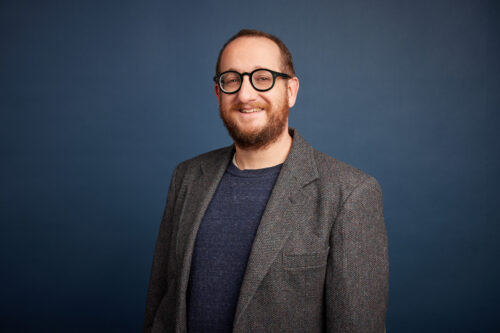Feature
Rebuilding Our Democracy Through Redistricting Reform
In 2010, disenchantment with the sluggish pace of the country’s economic recovery and concern about President Obama’s signature health care reform law led to Republicans up and down the ballot scoring significant electoral gains across the country. Perhaps nowhere was that landslide victory more powerful than in Wisconsin. Milwaukee County Executive Scott Walker, a Republican, beat his Democratic opponent to capture the governor’s mansion in Madison. Badger State Republicans also won majorities in the Wisconsin State Assembly and Senate, giving them full control of the state government.
Their 2010 victories could not have come at a more opportune time for Wisconsin Republicans as states across the country would soon begin the once-a-decade process of redrawing legislative boundaries. For the Wisconsin GOP, the redistricting process was a unique opportunity to lock in their political gains for years to come by drawing highly partisan legislative maps. The results were striking. In 2012, Republicans secured 60 of the 99 seats in the Wisconsin Assembly despite winning only 48.6 percent of the two-party statewide vote.
For William Whitford, professor of law emeritus at the University of Wisconsin-Madison, the state’s gerrymandered legislative districts disenfranchised Wisconsin voters. “In a democracy citizens are supposed to choose their legislators. In Wisconsin, legislators have chosen their voters,” he wrote in a lawsuit challenging the constitutionality of Wisconsin’s legislative districts. Over several years, Whitford’s lawsuit wended its way through the federal courts before ultimately landing on the docket of the Supreme Court, which this fall heard oral arguments in Gill v. Whitford challenging the constitutionality of Wisconsin’s partisan gerrymandering.
The Whitford case, along with a slew of redistricting reform initiatives proposed or enacted in states across the country, is part of a renewed push to tame the anti-democratic impulses inherent in partisan gerrymandering. In May, through its Innovations in American Government Award, the Ash Center recognized the importance of redistricting reform when it honored the California Citizens Redistricting Commission with its Roy and Lila Ash Innovation Award for Public Engagement in Government (see page 10).
As part of its ongoing efforts to disseminate best practices on redistricting reform, the Ash Center sponsored a convening of scholars, practitioners, and advocates at Harvard to discuss political and legal strategies for helping to restore integrity to the once esoteric process of drawing legislative maps. Nearly 300 people filed into the ornate Ames Courtroom at Harvard Law School on a brisk morning in November for a daylong conference featuring scholars, legal experts, activists, partisans, and other panelists providing unique insight into the history of gerrymandering, the role of race in redistricting, the current crisis of the US census, and examining the landscape for reform.
“Reform is possible,” intoned Miles Rapoport, Senior Practice Fellow in American Democracy at the Ash Center and principal organizer of the conference. Dean Douglas Elmendorf framed the day’s proceedings with an exhortation to help protect the sanctity of the vote and defend the strengths of our democracy: “The right to vote is, as you know, at the heart of democracy, and this right is devalued if our votes don’t matter. It is not enough to have the vote. It’s not enough to count votes. Votes need to count. Votes need to matter for the outcome.
Attendees heard from a variety of speakers including Alex Keyssar, Matthew W. Stirling, Jr. Professor of History and Social Policy and Ash Center faculty affiliate, who gave a presentation on the tortuous history of gerrymandering; Democratic Party redistricting specialist Kelly Ward and Chris Jankowski, her GOP counterpart, who spoke about how both political parties are likely to approach redistricting after the next Census; and Washington Postcolumnist E.J. Dionne, who moderated a panel examining reform initiatives sprouting up in states across the country.
“The conference was an important opportunity for all of us—scholars, practitioners, activists, citizens—to engage in this issue and to fight for a robust American democracy,” said Rapoport. Whether the Supreme Court ultimately sides with Whitford and strikes down Wisconsin’s partisan maps or allows the practice of gerrymandering to continue, most attendees of the conference seemed to feel that the moment has come to restore integrity to the mapmaking process. “There is a real robust movement for reform and change—whether through litigation, ballot initiatives, legislative reforms, and public demonstrations,” said Rapoport. “The esoteric process of mapmaking has deeply affected the decisions that create the conditions under which we all live our lives.”
